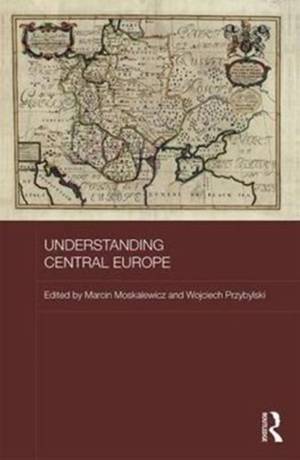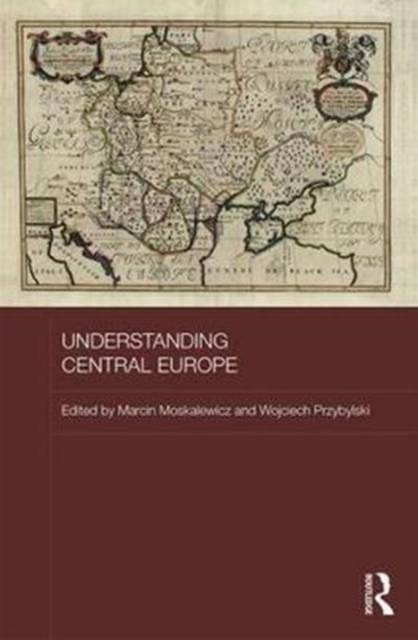
- Afhalen na 1 uur in een winkel met voorraad
- Gratis thuislevering in België vanaf € 30
- Ruim aanbod met 7 miljoen producten
- Afhalen na 1 uur in een winkel met voorraad
- Gratis thuislevering in België vanaf € 30
- Ruim aanbod met 7 miljoen producten
Zoeken
Understanding Central Europe
€ 297,45
+ 594 punten
Omschrijving
"Central Europe" is a vague and ambiguous term, more to do with outlook and a state of mind than with a firmly defined geographical region. In the immediate aftermath of the collapse of the Iron Curtain, Central Europeans considered themselves to be culturally part of the West, which had been politically handicapped by the Eastern Soviet bloc. More recently, and with European Union membership, Central Europeans are increasingly thinking of themselves as politically part of the West, but culturally part of the East. This book, with contributions from a large number of scholars from the region, explores the concept of "Central Europe" and a number of other political concepts from an openly Central European perspective. It considers a wide range of issues including politics, nationalism, democracy, and the impact of culture, art and history. Overall, the book casts a great deal of light on the complex nature of "Central Europe".
Specificaties
Betrokkenen
- Uitgeverij:
Inhoud
- Aantal bladzijden:
- 580
- Taal:
- Engels
- Reeks:
Eigenschappen
- Productcode (EAN):
- 9780415791595
- Verschijningsdatum:
- 13/11/2017
- Uitvoering:
- Hardcover
- Formaat:
- Genaaid
- Afmetingen:
- 156 mm x 233 mm
- Gewicht:
- 1289 g

Alleen bij Standaard Boekhandel
+ 594 punten op je klantenkaart van Standaard Boekhandel
Beoordelingen
We publiceren alleen reviews die voldoen aan de voorwaarden voor reviews. Bekijk onze voorwaarden voor reviews.










